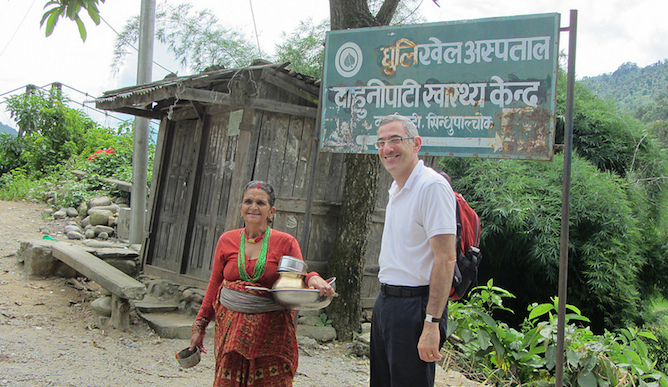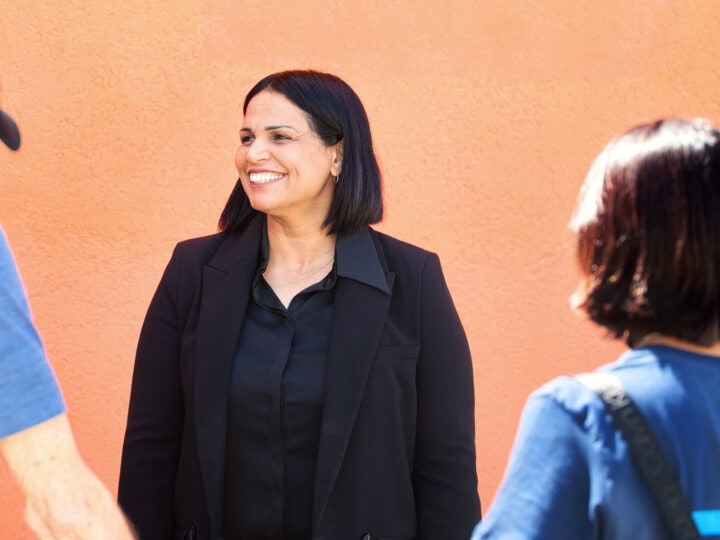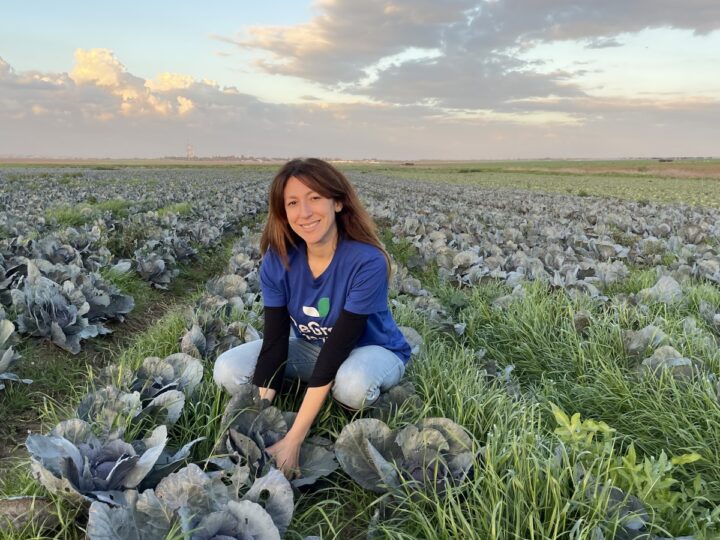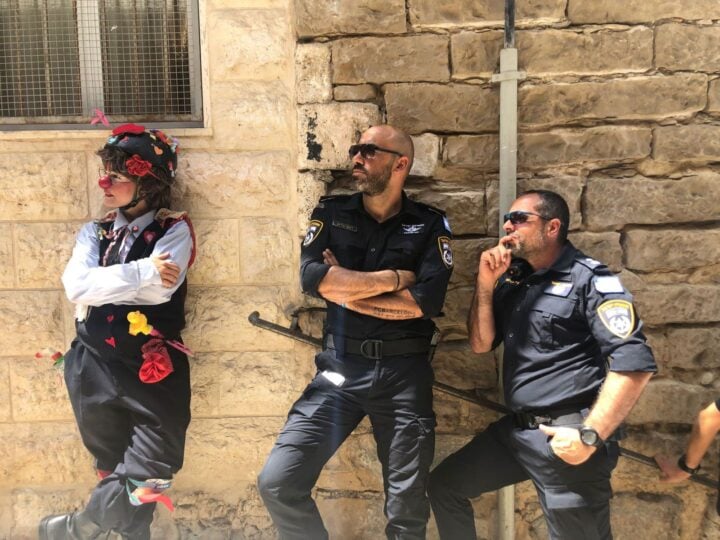When South African Jewish doctors Sidney and Emily Kark packed their bags in 1959 to immigrate to Israel, they took with them a new brand of putting medicine into practice in the developing world.
Their Community Oriented Primary Care (COPC) model started in rural Zulu villages, took root in Israel and formed the basis of the country’s first school of public health, the Braun School of Public Health at the Hebrew University of Jerusalem — one of the few schools to be endorsed by the World Health Organization as a Collaborating Center for Capacity Building in Public Health.
Since 1960, more than 1,000 health professionals from at least 90 countries in Asia, Africa, Latin America, Europe and North America have received training from the COPC team in Jerusalem. Recently the model was implemented, on request, in Nepal at Dhulikhel Hospital in Kathmandu.
Thanks to support from the Israeli Embassy in Nepal, which decided to forgo its cultural entertainment budget to start the program a few years ago, as well as the Ministry of Foreign Affairs for donating the computer infrastructure, Dhulikhel Hospital will host a digitally connected network of 20 community clinics to answer pressing health needs.
Nepalese grad takes Israeli expertise home
When Dhulikhel Hospital’s director requested that Israel start a special program there in 2011, the timing was right. A woman from Nepal had just graduated from the Braun School’s international master of public health program on a full scholarship, and was getting ready to go back to Nepal with her newfound knowledge.
She and Prof. Yehuda Neumark, director of the Braun School, got on a plane and headed to Nepal to teach a one-week crash course that evolved into a long-term project. Over the last few years, instructors from the Jerusalem school have taught child and maternal health, mental health, and even medical clowning to Nepalese healthcare providers. Several Israeli governmental agencies fund these workshops.
Working with locals is key, Neumark tells ISRAEL21c, so that needs can be addressed in accordance with their culture.
The Kark model is most useful “where barriers between healthcare providers and community residents can be highest, but professional health resources may be the lowest,” according to Neumark.
Today, leaders of developing countries from Latin America to Asia know that the COPC model alleviates health problems where resources may be scarce. In a lot of cases, the Israeli approach becomes the backbone for a countrywide or ministerial public health program, Neumark explains.
The system doesn’t have a barcode, he adds with a smile, so it’s not easy to count just how many people have been positively impacted by COPC. Undoubtedly, the number is in the hundreds of thousands, if not millions.
Addressing their needs
Since the 1970s, the Braun School has been granting full scholarships for its international master’s program, at first funded by MASHAV (Israel’s Agency for International Development Cooperation), and now by private donors such as the Pear Foundation of the UK. Tuition is currently $36,000.
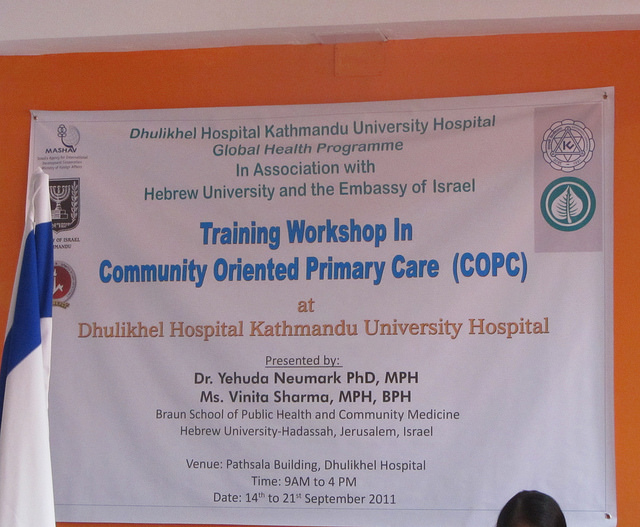
Some 800 alumnae are now fanned out throughout the world. Each of these graduates takes with them a burning need to build something big, Neumark tells ISRAEL21c.
It was a graduate in Kenya who called him personally to tell him the moment the Israel Defense Forces arrived on the scene to help after the Nairobi Westgate mall was overcome by terrorists in September 2013.
“We are a strong believer in utilizing our graduates – and it’s easy to engage our graduates with projects that we are trying to develop,” Neumark says.
Now that the computers have been bought for Nepal, “We will develop the software to better learn about the needs of the specific communities,” he notes.
And this is just what COPC is meant to do. Within the model, highest needs should be prioritized and health promotion should extend into the community.
For more on the Braun School, visit http://www.hadassah-med.com/hadassah-schools/public-health.aspx.
To read more about the COPC model, read this paper published by the NIH: http://www.ncbi.nlm.nih.gov/pmc/articles/PMC1447316/




